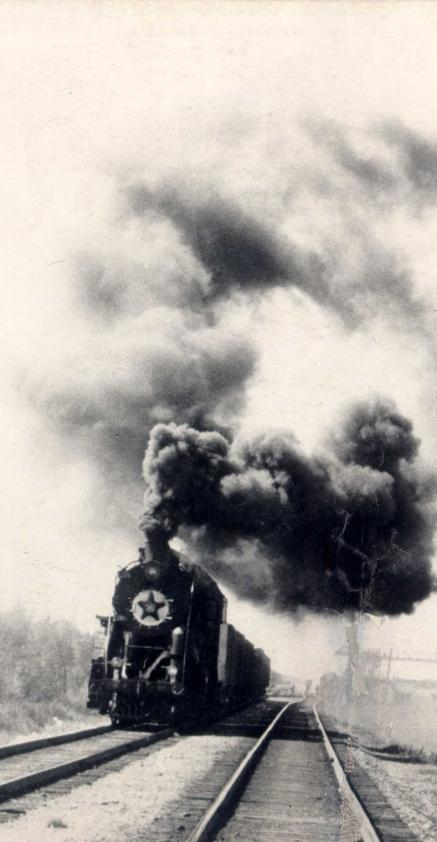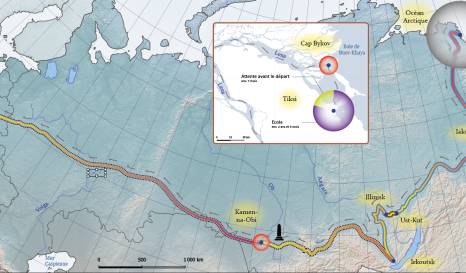European Memories
of the Gulag
ToPics
The territories annexed by the USSR – 1939-1941
Under the German-Soviet Pact in August 1939 and its secret clauses on dividing Central and Eastern Europe between the two new allies, Stalin’s USSR began in 1939 and 1940 a new phase of expansion towards the west. The Sovietisation of the new territories involved purges of the former elites and other counter-revolutionary “socially alien elements”, etc.
Three waves of deportation were organised in the Polish territories annexed to Ukraine and western Belarus in 1940: these banished former settlers, osadnicy, local elites and some of the refugees (mostly Jews) who had fled the German occupation of Poland. The deportation resumed in spring 1941: from western Ukraine on 22 May; from Moldavia in the night of 12-13 June; from the Baltic republics on 14 June and from western Belarus in the night of 19-20 June.
Some heads of household were sentenced to forced labour in the camps, and their families and children were often exiled to “special resettlements” in Siberia or Kazakhstan. Nearly 500,000 were sent to the furthest depths of the USSR.
-
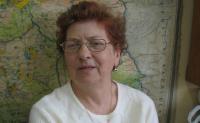 Anna Stasiewicz's arrest
Anna Stasiewicz's arrest
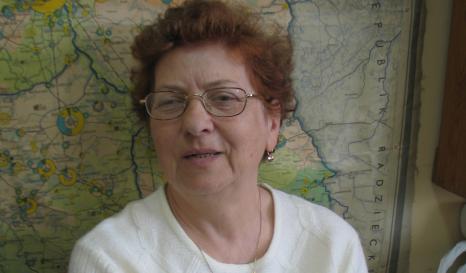
Source: Interview conducted in Poland by A. Niewiedzial, 20/04/2010.
Licence CC BY-NC-ND.
CloseAnna Stasiewicz's arrest
Audio available /Anna Stasiewicz’s family was deported on 10 February 1940 because her father was a military settler.
-
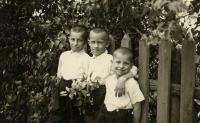 Stasys Dambrava saw the Soviets arrive
Stasys Dambrava saw the Soviets arrive
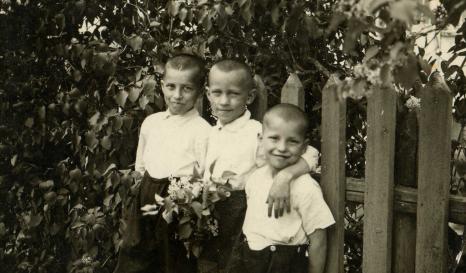
Source: Interview conducted in Lithuania by M. Craveri & J. Mačiulytė, 26/06/2009.
Licence CC BY-NC-ND.
CloseStasys Dambrava saw the Soviets arrive
-
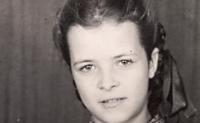 Rumours of resettlement
Rumours of resettlement
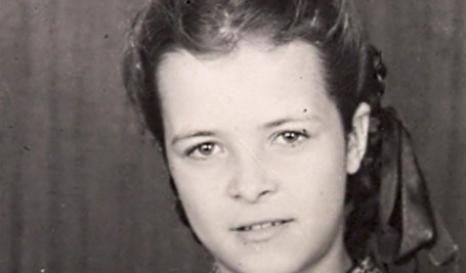
Source: Interview conducted in Latvia by A. Blum & J. Denis, 13/01/2009.
Licence CC BY-NC-ND.
CloseRumours of resettlement
Audio available /The NKVD found it hard to keep the operation confidential. Silva Linarte’s family heard of the resettlement some days before 14 June 1941 from her father’s sister. But her father refused to believe it.
(Original version - in Russian)
-
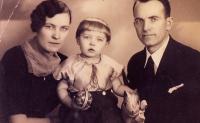 Silva Linarte’s mother leaves behind the baby’s things
Silva Linarte’s mother leaves behind the baby’s things
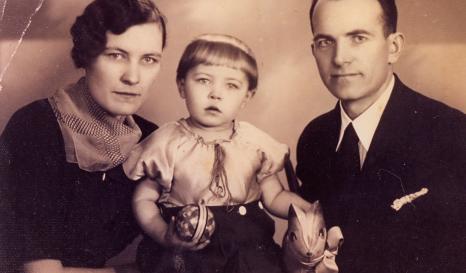
Source: Interview conducted in Latvia by A. Blum & J. Denis, 13/01/2009.
Licence CC BY-NC-ND.
CloseSilva Linarte’s mother leaves behind the baby’s things
Expecting to be deported to Siberia and choosing warm coverings when arrested turned out to be an essential factor for survival. Some people took winter clothing. Others, harried by the soldiers, left crucial bundles behind. This happened to Silva Linarte’s mother, who left her youngest child’s things – the baby died on the train.
(Original language - in Russian)
-
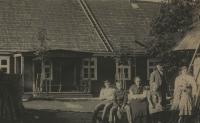 Austra and Lilija describe their arrest in June 1941
Austra and Lilija describe their arrest in June 1941
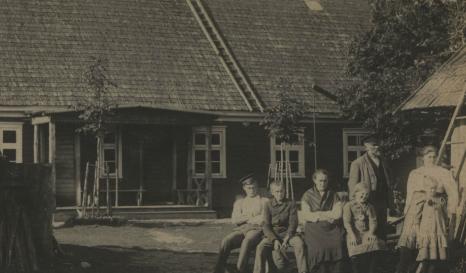
Source: Interview conducted in Latvia by J. Denis & A. Blum, 14/01/2009.
Licence CC BY-NC-ND.
CloseAustra and Lilija describe their arrest in June 1941
Others feared the worst – such as Austra et Lilija’s father, who thought that he and his family would immediately be shot. They were arrested in the middle of the night, and the children left with only the clothes they stood up in.
-
 Refusal of citizenship and arrest
Refusal of citizenship and arrest
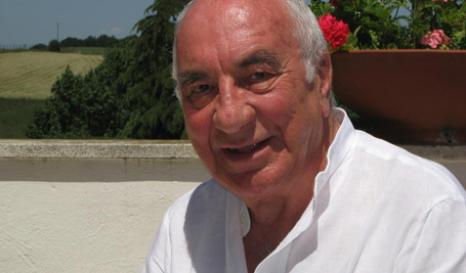
Source: Interview conducted in Italy by M. Craveri & A. Ferrara, 19/05/2009.
Licence CC BY-NC-ND.
CloseRefusal of citizenship and arrest
When the Nazis invaded Poland in September 1939, Henry Welch and his mother fled to the east. They found themselves in the Soviet zone. At first his mother refused to take Soviet citizenship, and when she finally came round to the idea, it was too late and the family was arrested.
-
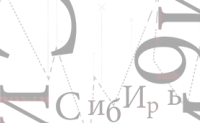 Andrei Ozerovski recalls the routine nature of the purges
Andrei Ozerovski recalls the routine nature of the purges

Source: Interview conducted in Kazakhstan by I. Ohayon & E. Zimovina, 17/09/2009.
Licence CC BY-NC-ND.
CloseAndrei Ozerovski recalls the routine nature of the purges
Audio available /When he was a primary school teacher, Andrei Ozerovski opposed the literacy policy as it was enforced by the Soviet government. He witnessed purges that had become routine in the countryside.
-
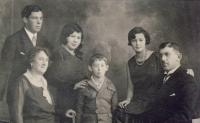 Arrest of Diāna Kratiša's family
Arrest of Diāna Kratiša's family
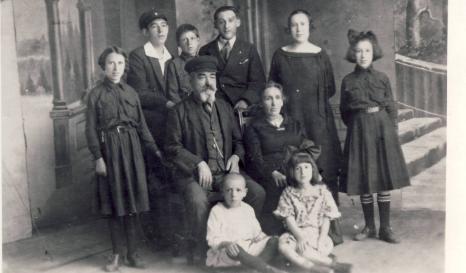
Source: Interview conducted in Latvia by J. Denis, 27/03/2009.
Licence CC BY-NC-ND.
CloseArrest of Diāna Kratiša's family
Because their father was away, Diāna Kratiša’s family were arrested two days later. The archive documents published at the time of rehabilitation, however, record the family as being in the 14 June contingent.
-
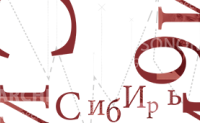 Andrei Ozerovski: impossible situations
Andrei Ozerovski: impossible situations

Source: Interview conducted in Kazakhstan by I. Ohayon & E. Zimovina, 17/09/2009.
Licence CC BY-NC-ND.
CloseAndrei Ozerovski: impossible situations
Audio available /After the farmers’ property was looted, they joined the resistance. It was extremely hard to take up a position, between the Germans, the Ukrainian nationalist partisans and the Soviet partisans.
-
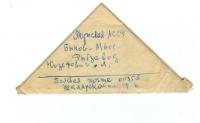 A long journey to the Laptev sea
A long journey to the Laptev sea
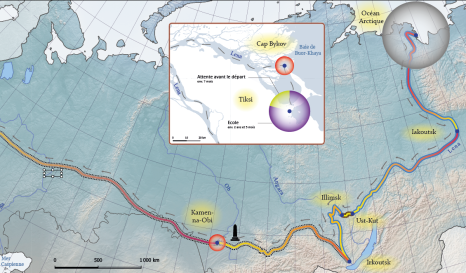
Source: Interview conducted in Lithuania by M. Craveri, 30/04/2010.
Licence CC BY-NC-ND.
CloseA long journey to the Laptev sea
Audio available /David Jozefovich, deported to Altai, was then deported further beyond the Arctic Circle.
(abridged—full version with David Josefovich’s biography) -
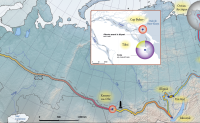 David Jozefovitch - A long, long journey
Close
David Jozefovitch - A long, long journey
CloseDavid Jozefovitch - A long, long journey
David Jozefovitch was first deported to the Altai and then to north of the Arctic Circle.
-
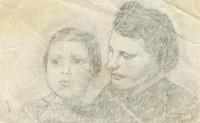 Before annexation – the pre-Soviet period as the deportees remember it
Before annexation – the pre-Soviet period as the deportees remember it
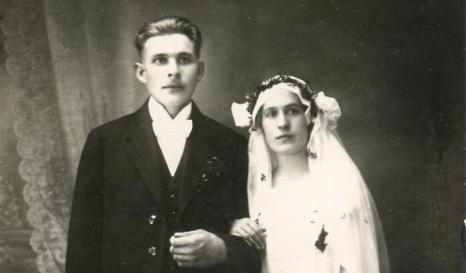
Eela Lõhmus’s parents’ wedding photograph (Photograph, Anonymous, 1920-1929). Source: Eela Lõhmus's Personal archive.
Media subject to copyright.
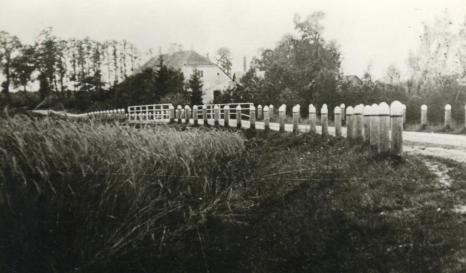
Eela Lõhmus’s house in Keeni, Estonia, before her deportation (Photograph, Anonymous, 1930-1940). Source: Eela Lõhmus's Personal archive.
Media subject to copyright.
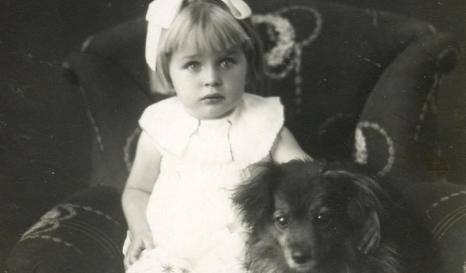
2 years old Eela Lõhmus (Photograph, Anonymous, 1931). Source: Eela Lõhmus's Personal archive.
Media subject to copyright.
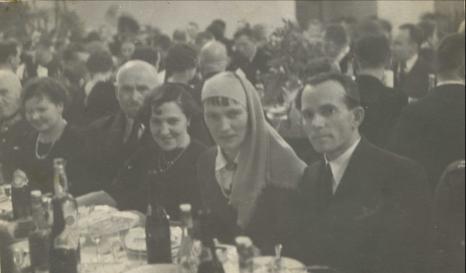
Silva Linarte’s parents’ wedding photograph (Photograph, Anonymous, 1937). Source: Silva Linarte's Personal archive.
Media subject to copyright.
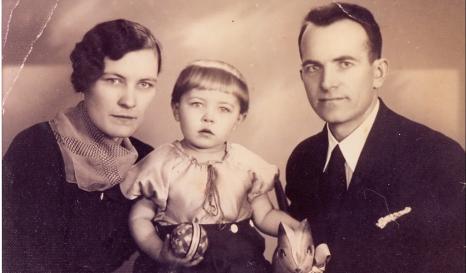
Silva and her parents (Photograph, Anonymous, circa 1940). Source: Silva Linarte's Personal archive.
Media subject to copyright.
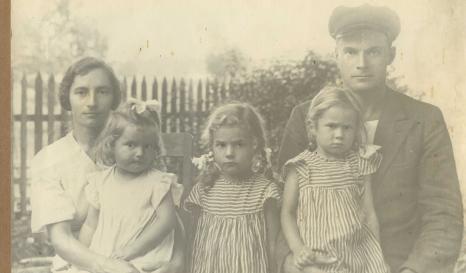
The three Zalcmane sisters and their parents (Photograph, Anonymous, circa 1940). Source: Austra Zalcmane's Personal archive.
Media subject to copyright.
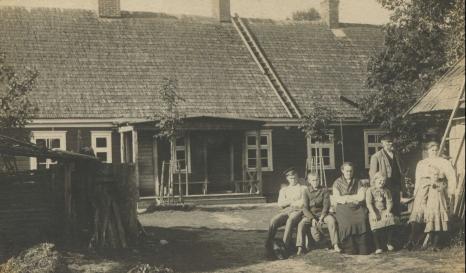
The Zalcmane family’s khutor before the Soviet annexation (Photograph, Anonymous, 1930-1940). Source: Austra Zalcmane's Personal archive.
Media subject to copyright.
CloseBefore annexation – the pre-Soviet period as the deportees remember it
The resettlement in June 1941 meant the families were separated. Often it was the last time that children saw their father, sentenced to forced labour. The last time, too, that their mother could display any femininity or elegance, before her face and shape were marked by forced labour.
Recalling the arrest is an opportunity to recall an idealised pre-Soviet past. The photographs of relatives, houses, and peaceful family scenes are miraculously preserved relics of a bygone age. The nostalgia of these childhood pictures is combined with pain at the loss of dear ones.


